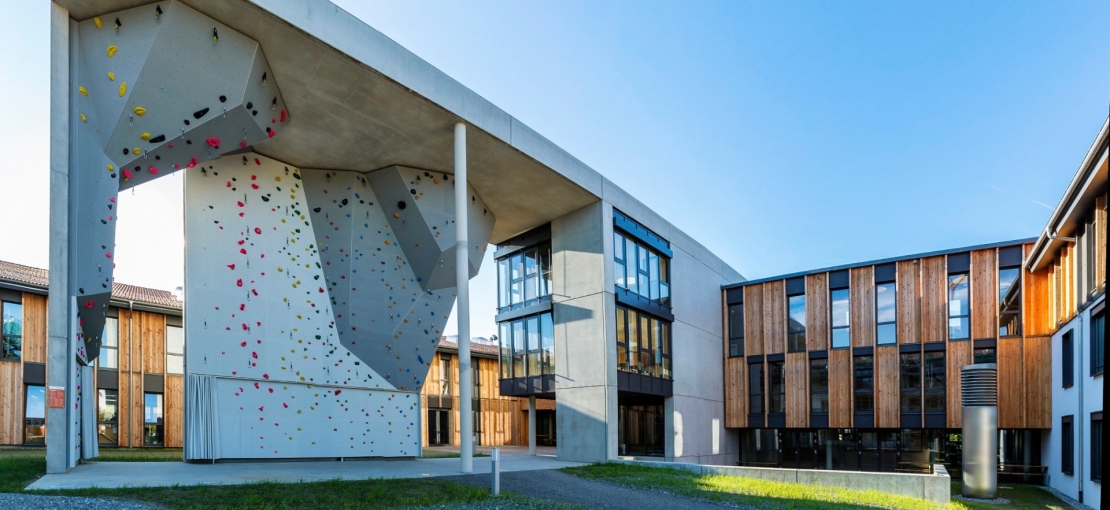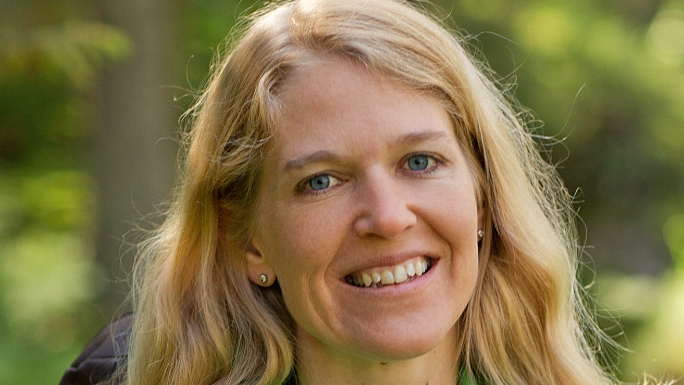
For a clean world: climate neutral business operations

»Climate neutrality is an important component in our overall commitment to sustainability. Our carbon footprint helps us recognize our reduction potential.«
Climate-neutral at our headquarters in southern Germany
Create your own infographicsTo reduce emissions, all consumption data must first be collected and measured to the greatest extent possible. By reducing this consumption, we can achieve a reduction of harmful emissions.
VAUDE has been certified in accordance with EMAS since 2008 and our database at our Obereisenbach location in southern Germany is now comprehensive. We have identified the most important sources of our emissions, and we have already achieved significant emission reductions at this site by implementing a variety of projects, both large and small.
This reporting covers the methods we use to calculate our climate balance and tangible results.
Clean air for Chinese families
The project involves replacing coal consumption from traditional coal burning stoves with improved clean biomass (from corn waste) burning semi-gasifier stoves in rural households. While cleaner-burning petroleum-based fuels are increasingly common in wealthier areas, at least 50 percent of all households still depend on solid fuels like wood or coal as an important household fuel.
Burning solid fuels leads to air pollution and is responsible for over 450,000 deaths annually in China alone according to the world health organization WHO. Children are particularly affected by poor air quality.
By substituting coal fuel with biomass, it is possible to not only reduce CO2 emissions, but also improve indoor air quality, directly benefiting the health of the families. At the same time, families save a significant amount of money for fuel when they use waste from corn, and the money they save can be invested in their children’s education.
Together with myclimate, we produced a short film at the project:
Read more about the project here
Our long-term goal is to systematically expand the company's climate neutrality to our other production facilities as well. Currently, we have too little data about energy consumption and upstream and downstream processes from our supply chain to be able to create a carbon footprint there.
| GRI: | G4-EN18 |
| GRI: | G4-EN19 |
| GRI: | G4-DMA Emissions |






